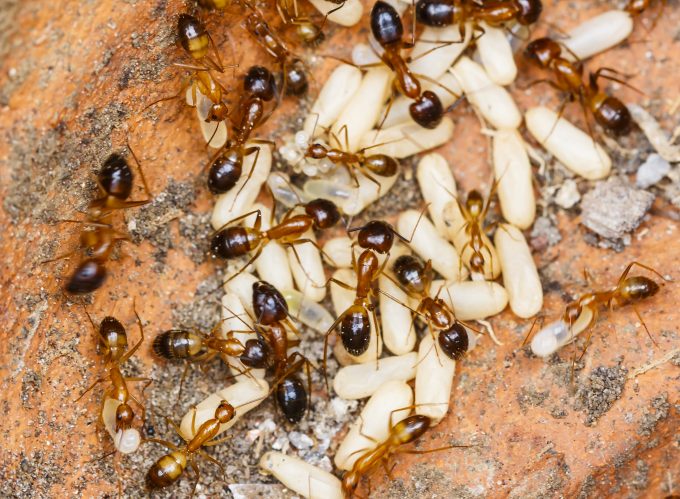Smart containers are the key to a more-visible supply chain
Current pressures on the international supply chain, and the increased volatility expected in the future, ...

Members of the International Plant Protection Convention (IPPC) are pushing for the industry to clean every container transported by ship, with certification that it has been cleaned, to prevent the spread of invasive species.
According to the five-member Cargo Integrity Group (CIG), the IPPC has become ...
CMA CGM South Korean staff strike over bonuses after bumper 2024 profit
'Another painful headache for shippers' as Asia-N Europe rate rally ends
Amazon Air Cargo partners-up for new transpacific route into the US
MSC switches two more Asia-Europe port calls from congested Antwerp
Ports and supply chain operators weigh in on funding for CPB
Nightmare for Bangladeshi exporters as congestion and tariffs bite
CMA airline returns two freighters, while ANA takeover of NCA looms
Carriers introduce surcharges as congestion builds at African ports

Comment on this article